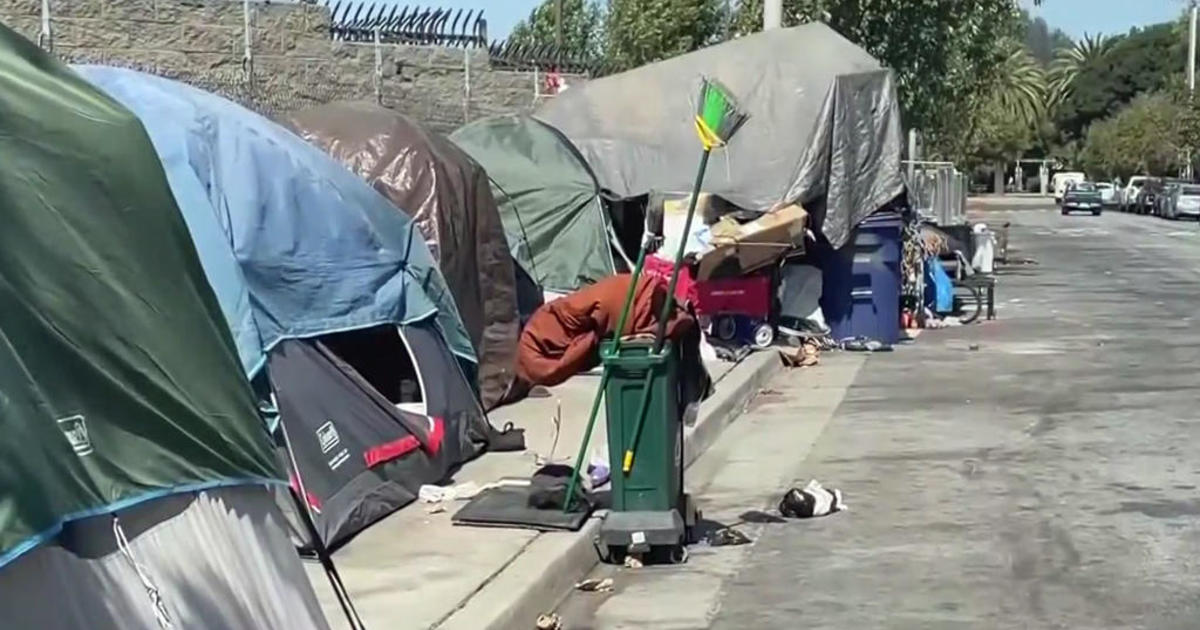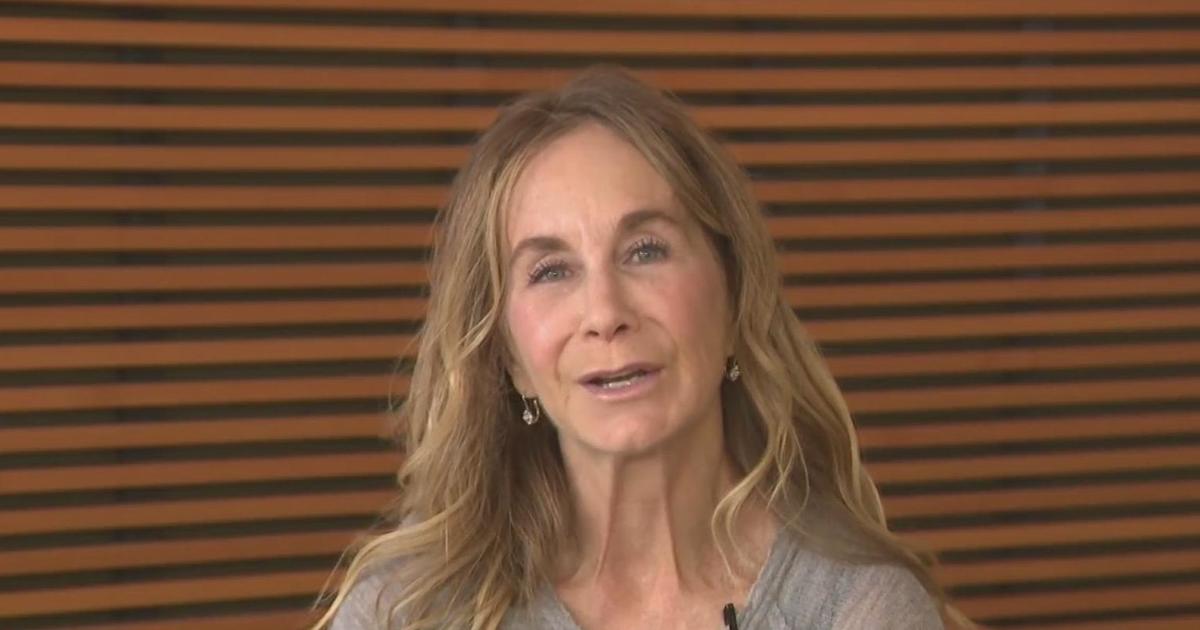State Supreme Court To Hear Scott Peterson's Death Sentence Appeal
SAN FRANCISCO (CBS SF) -- More than 15 years after the Christmas Eve murder of pregnant Modesto schoolteacher Laci Peterson grabbed national headlines, Scott Peterson's attorney will ask the California Supreme Court Tuesday to reverse his death sentence, claiming the media attention did not allow him a fair trial.
Peterson will not take part in hearing that will be held by video conferencing because of the COVID-19 outbreak. You can watch it live here starting at 1:30 p.m.
Since his November 12, 2004, Peterson has been housed on death row at San Quentin prison. After a highly publicized trial, a San Mateo County jury convicted him of first degree murder for his wife's death and second degree murder of his unborn son, Conner.
Peterson's attorney, noted death penalty lawyer Cliff Gardner, will argue the case before the state's high court. Gardner filed the 423-page document with the court in July 2012 appealing the conviction.
Related: Read The Appeal For Yourself
Peterson has always maintained his innocence and his appeal to the Supreme Court is no different.
Gardner claimed in the 2012 appeal that the overwhelming publicity Peterson's trial received, incorrect evidentiary rulings and other mistakes deprived him of a fair trial. Peterson was convicted in 2004 after a trial that his attorney argues surpassed the O.J. Simpson murder trial in terms of publicity.
Peterson claims that Laci was killed sometime after he left their Modesto home the morning of Dec. 24, 2002 to go fishing in the San Francisco Bay. Gardner notes that Peterson was convicted and sentenced to death even though investigators never directly proving "how, where or when" the murder occurred.
Prosecutors told the jury that Laci was killed sometime between the night of Dec. 23, 2002 and the morning of Dec. 24, 2002. They believed Laci was suffocated in her home, but Gardner argues that there was little direct evidence collected at the house to support that theory.
Gardner argues that the intense publicity the case generated almost from the moment Laci disappeared deprived Peterson of a fair trial.
The trial was ordered moved from Stanislaus County of the Petersons' home, to San Mateo County. Gardner argued that the trial should have been moved yet again because of the crush of publicity in San Mateo County.
"Before hearing even a single witness, nearly half of all prospective jurors admitted they had already decided Mr. Peterson was guilty of capital murder," Gardner argues.
And in what may be a first for the American system of justice, outside the courthouse in which the parties would try to select a fair jury, a radio station posted a large billboard which had a telephone number for people to call in and vote whether Peterson was a "man or monster." Peterson was pictured in an orange jailhouse jumpsuit.
"The publicity continued throughout trial," Gardner argued. "A mob estimated at more than 1,000 people gathered at the courthouse to await the guilt phase verdict. After the guilty verdict was announced, the 12 jurors departing to await the beginning of the penalty phase—and decide whether Mr. Peterson would live or die—were met with wild applause and cheering."
Beyond issues with the publicity, Gardner argues the late Judge Alfred Delucchi made several erroneous evidentiary decisions and other rulings that led to Peterson receiving an unfair trial.
Gardner complains the judge automatically excluded prospective jurors who said they opposed the death penalty. Gardner argued that those jurors should have been questioned more about whether they could still decide the case fairly.
Gardner also argues that some of the prosecution's strongest evidence should never have been shown to the jury. For instance, Gardner alleges that the police dog who picked up Laci's scent at the Berkeley Marina "even though the dog had a dismal record of being wrong a remarkable 66 percent of the time."
The thick legal brief delves into numerous other issues alleging incorrect rulings, juror misconduct and other errors.
All death penalty cases are automatically appealed to the California Supreme Court.
Since 1978, when California reinstated capital punishment, 82 condemned inmates have died from natural causes, 27 have committed suicide, 13 were executed in California, one was executed in Missouri, one was executed in Virginia, 14 have died from other causes and eight – including Franklin – are pending a cause of death. There are 727 people on California's death row.
© Copyright 2020 CBS Broadcasting Inc. All Rights Reserved. The Associated Press contributed to this report.



